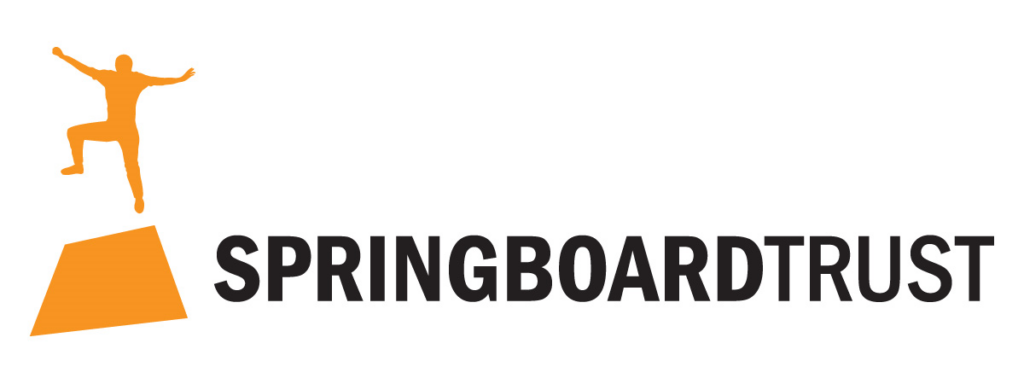“When teachers and other school leaders effectively engage in establishing caring and learning relationships, they are then able to use the pedagogies that we know make a difference for Maori and other marginalized students’ learning.”
Russell Bishop, ONZM, hopefully does not need much by way of introduction. He is the past Director of Te Kotahitanga, now Emeritus Professor of Māori Education at the University of Waikato, and author of a wealth of essential research on Kaupapa Māori education and education reform processes. Perhaps most relevant for us right now, he is also the keynote speaker at our Leading for Equity event on September 9!
Ahead of Russell’s presentation, we caught up with him to discuss his latest work Teaching to the North-East, and how both teachers and leaders can improve their practice in this regard.
Where to find the North-East
“The North-East is a metaphorical position,” Russell explains, “on a scatter plot with two axes – relationships and interactions.
When teachers are teaching in the North-East, they are proficient at establishing caring and learning relationships (the ‘East’ on the relationships continuum) and using these relationships to enable those dialogic interactions we know make a difference for students’ learning (the North on the Interactions continuum).
“When you teach in the North-East, you are able to teach all students – rather than just some, or just those of the majority culture.”
“Teachers in the North-East perform well on both axes – they implement effective relational practices in the classroom, and they also use the pedagogies that make a difference. It isn’t enough, particularly for Maori and other marginalised students, to do one without the other – you must have both.”
It’s a model borne out of Russell’s theories about the centrality of relationships for researchers and teachers being able to undertake their work more effectively, tested through Te Kotahitanga, then developed further with Cognition Education, laterally with a focus on how to sustain teaching and leading in the North-East.
“Sustainability is enabled by teachers continually monitoring student’ progress and the impact of the processes of learning on student learning so as to be able to modify relationships and interactions in a formative manner. Such modifications are supported by coaching so that you’re teaching everyone involved in a classroom and the school to learn, so they can help others. In this way, creating a cycle of self-determined learners at all levels.”
“Leadership in this approach is essentially a coaching process”
Creating the right conditions from the top
“The simple message for school leaders who are wanting to promote equitable outcomes in their school is to replicate in their practice what they expect their teachers to do. That is, North-East Leaders supporting North-East teachers in what will become a North-East school.”
Be they principals, senior leadership team members or any other leaders, they need to learn to create caring and learning relationships, interact dialogically within this context and monitor learners’ (in this case, teachers’) progress so they can modify and sustain their North-East leadership practices.
“A further major role of leaders here is to challenge and support – particularly those who persist with strategies we know don’t work and in fact, are harmful to students’ learning. The aim is to promote a common code of effective practice at all levels in the school.”
“Leadership in this approach is essentially a coaching process. And just as we coach teachers into the North-East position, leaders need to be coached and mentored as well so that all are working to the agreed common code of practice.”
“If you don’t constantly emphasise a relationship-based environment, and then interact and modify practices within this environment in ways we know make a difference to students currently not benefiting from their participation in schooling, then the chances of Maori and other marginalised children realizing their potential is very limited.”









